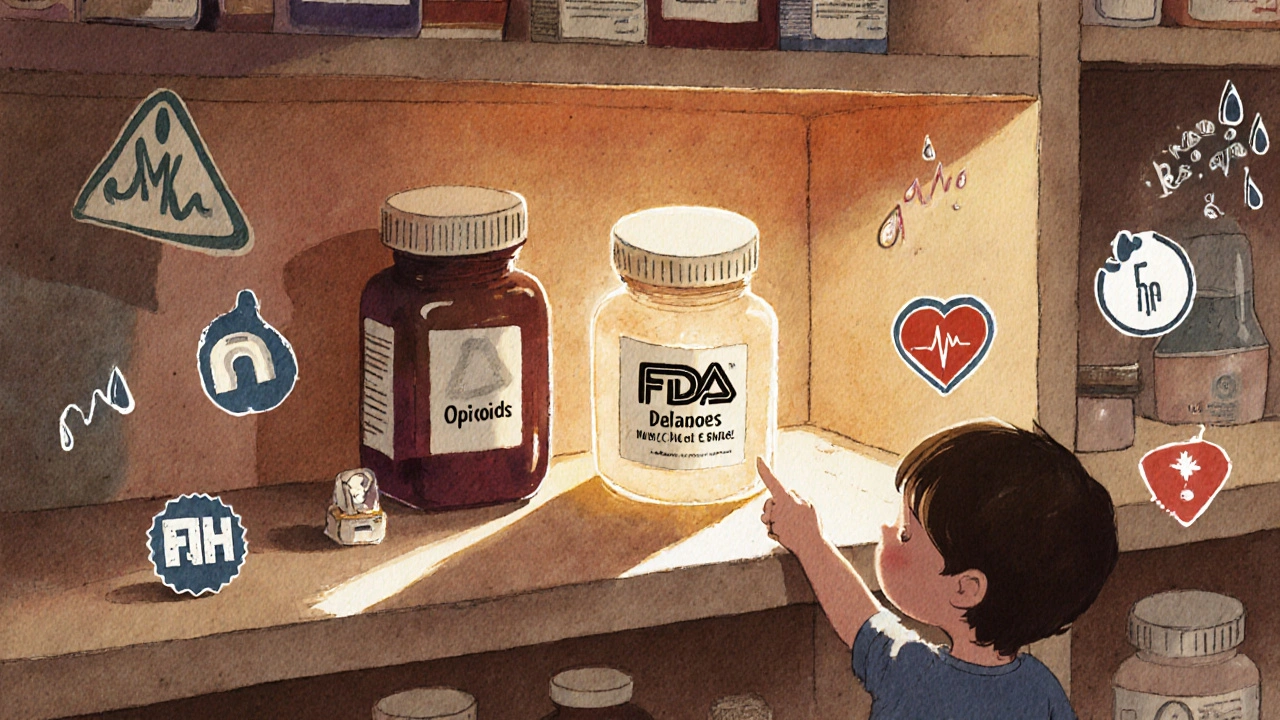Drug Side Effects: What You Need to Know
Ever taken a pill and wondered why you felt a little off? That’s a side effect – an unintended reaction that shows up when your body processes a medication. Most side effects are mild and go away on their own, but some can be serious and need attention. Knowing the basics helps you stay safe and confident when you start a new drug.
Why Do Side Effects Happen?
When you swallow a medicine, it travels through your bloodstream and reaches cells all over your body. It’s designed to hit a specific target, but it can also affect other parts that weren’t meant to be touched. Your genetics, age, diet, and other meds you’re using all play a role in how you react. For example, a common painkiller might cause stomach upset because it irritates the lining, while the same drug can cause a headache in someone who is already prone to migraines.
Most drug manufacturers test for side effects during clinical trials, but real‑world use can reveal new reactions. That’s why you’ll often see updates on a medication’s label or online resources that list extra warnings.
Spotting the Signs and When to Act
Most side effects are easy to spot: nausea, dizziness, mild rash, or a temporary change in appetite. If they’re mild, you can usually manage them at home. Try taking the drug with food, drinking plenty of water, or adjusting the time of day you take it. Keep a short diary of what you feel and when you take the medication – it helps you and your doctor see patterns.
Serious side effects need faster action. Look out for trouble breathing, swelling of the face or throat, severe rash, chest pain, or sudden confusion. These could signal an allergic reaction or a dangerous interaction. If any of these appear, call emergency services or get to an urgent care center right away.
Another red flag is anything that doesn’t go away after a week or gets worse instead of better. Even a mild symptom that lasts longer than expected can mean the dose is too high or the drug isn’t right for you.
Always talk to a pharmacist or your doctor if you’re unsure. They can suggest alternatives, adjust the dose, or add a protective medication to tame the side effect.
Side effects are a normal part of using drugs, but they don’t have to derail your treatment. By staying aware, keeping notes, and knowing when to seek help, you can minimize discomfort and keep your health on track.
Dechallenge and Rechallenge in Drug Side Effects: What These Tests Mean
Dechallenge and rechallenge are key methods used to determine if a drug caused a side effect. Stopping the drug to see if symptoms improve is dechallenge. Restarting it to see if the reaction returns is rechallenge - the strongest proof of causality.
Type A vs Type B Adverse Drug Reactions: Complete Classification Guide
Understand the difference between Type A and Type B adverse drug reactions - predictable side effects vs rare, dangerous idiosyncratic responses. Learn how classification improves safety and what you need to know as a patient.
How to Prevent and Relieve Nausea and Vomiting from Medications
Learn practical, science-backed ways to prevent and relieve nausea and vomiting caused by medications - from food tips and timing tricks to effective anti-nausea drugs and behavioral strategies.
Recent Drug Safety Communications and Medication Recalls: What You Need to Know
Recent FDA drug safety alerts have changed prescribing rules for opioids, ADHD meds, vaccines, and Alzheimer's treatments. Learn what these updates mean for patients and how to stay safe.
Metaxalone MR and Alcohol: Real Risks, Interactions, and What You Must Know
Learn the real risks and facts you need about mixing Metaxalone MR and alcohol. Understand interactions, dangers, and tips to stay safe while managing muscle pain.
© 2026. All rights reserved.




